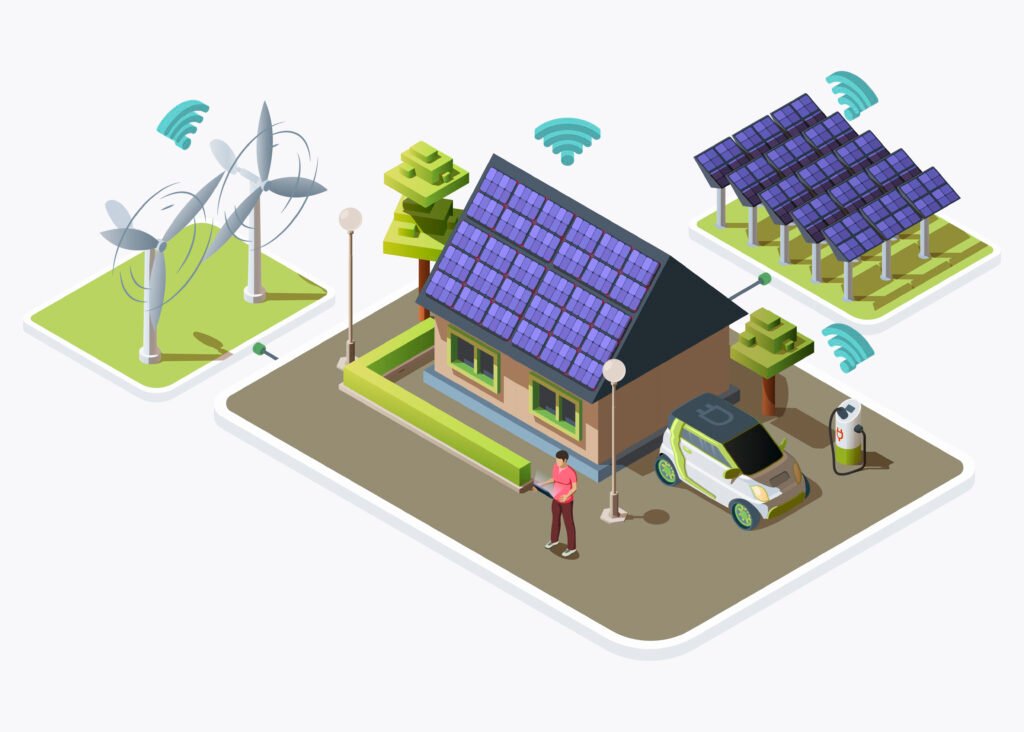The EU Carbon Border Adjustment Mechanism (CBAM) will likely have significant implications for US trade, particularly for U.S. exporters in carbon-intensive industries. The EU climate policy, designed to put a carbon price on imports of certain goods from countries that do not have equivalent carbon pricing, currently targets Iron and steel, Aluminum, Cement, Fertilizers, Electricity and Hydrogen. The list may expand to include, amongst others, chemicals and plastics.
U.S. companies exporting to the EU will need to report embedded carbon emissions in their products, pay a carbon levy matching/equivalent to the EU carbon price and prepare for administration costs which might make goods less competitive in the EU. From 2026, CBAM will be fully implemented.
Of course, implementation of CBAM might encourage the US to implement a carbon border adjustment of its own, or to negotiate exemptions. It might also trigger US companies to invest further in greener production to reduce CBAM liability. What remains to be seen is if CBAM will drive a global convergence towards carbon pricing.
MM Markets (mm-markets.com) is monitoring CBAM’s implementation and we are able to help you navigate the change!



